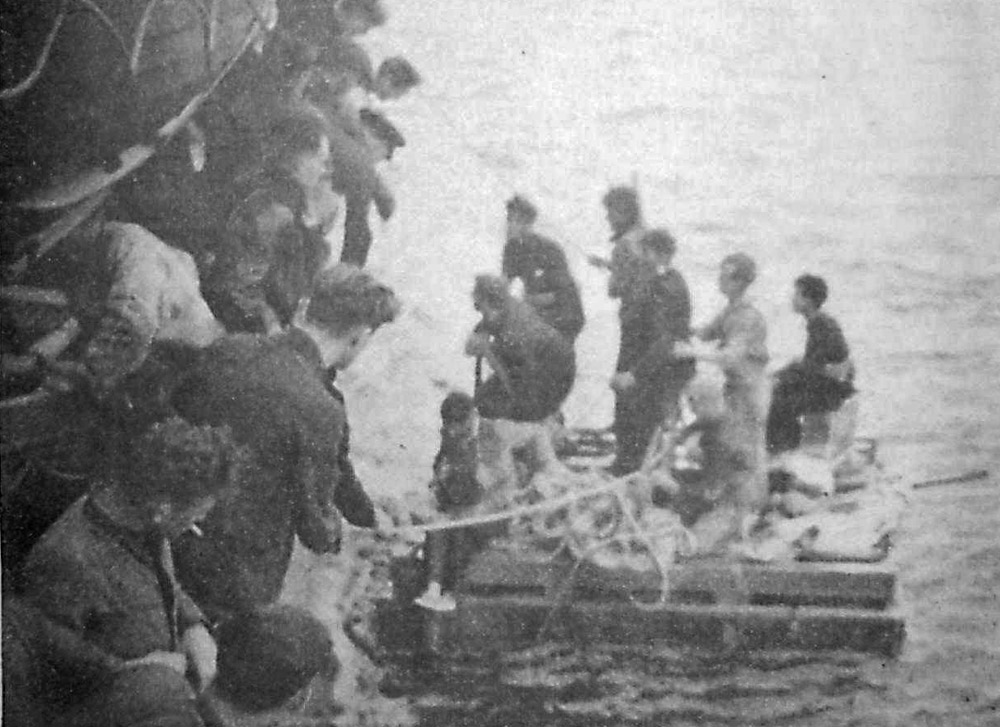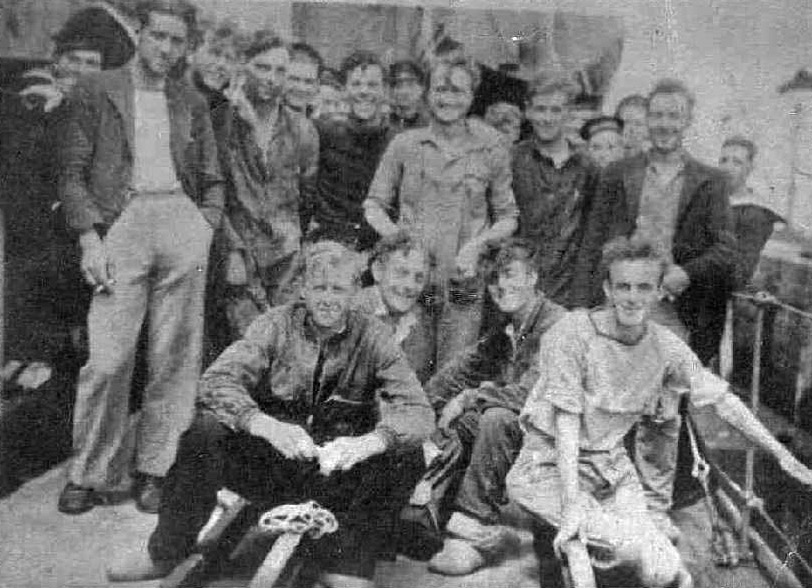
 HMS VERSATILE
HMS VERSATILE| BURRUS, David, Able Seaman, RFR, C/J 110569, DOW EGGLEDEN, Harry, Able Seaman, RFR, C/J 62771, killed HATTON, Patrick H, Able Seaman, RFR, C/J 99729, killed HOLMES, Leonard J, Chief Engine Room Artificer 2c, C/M 35350, killed RAMFORD, George, Able Seaman, RFR, C/SS 9361, killed |
SHIACH, Colin S I, Midshipman, RNR, killed STURGESS, Charles A C, Able Seaman, RFR, C/SS 11777, killed TURNER, George L, Gunner (T), killed WARD, William D, Ordinary Seaman, C/JX 165321, killed WEST, William A, Leading Stoker, C/KX 78847, killed |


